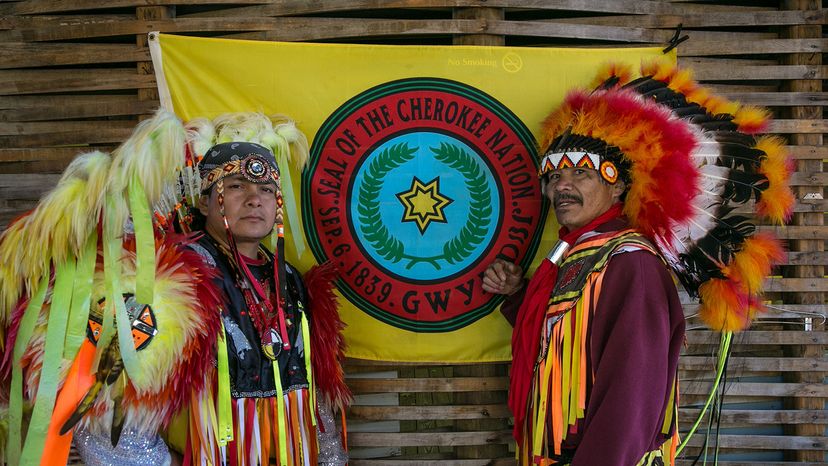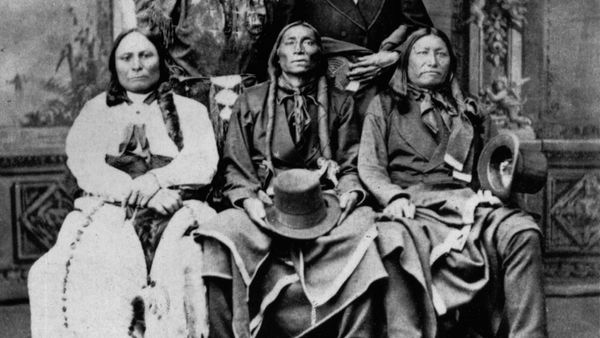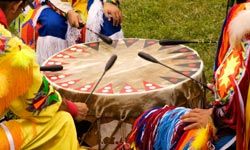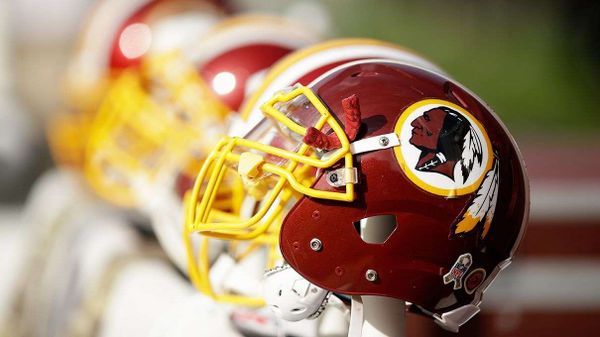
In response to mocking accusations from President Donald Trump that she has lied about her Cherokee heritage, Sen. Elizabeth Warren released the results of a DNA test in October 2018, indicating that she indeed had a Native American ancestor six to 10 generations back. In a campaign-style video released with the results (Warren, a Democrat, is running for president in 2020), she clarified that she's not enrolled in a tribe and that "only tribes determine tribal citizenship."
"I understand and respect that distinction," Warren says in the video, "but my family history is my family history."
Advertisement
Warren asserts that she has never claimed Native American status when applying to school or a job, though she had changed her ethnicity from white to Native American during her time teaching at the University of Pennsylvania Law School. Her DNA announcement was met with disappointment and anger by many Native Americans, including Chuck Hoskin Jr., secretary of state of the Cherokee Nation.
"Using a DNA test to lay claim to any connection to the Cherokee Nation or any tribal nation, even vaguely, is inappropriate and wrong," Hoskin wrote in a statement. "Senator Warren is undermining tribal interests with her continued claims of tribal heritage."
Also check out Cultural Appropriation or Appreciation? Sometimes the Line Is Blurry.
Warren is far from alone in claiming a family connection to a Native American tribe. Many Americans proudly pass down oral histories of a great-great-grandma who was one-quarter Cherokee or Chippewa, explaining, as Warren did, the origin of the family's distinctive "high cheekbones." What frustrates Native American tribal members about these vague genealogical claims is that they make it seem like anyone with a neat family story or even a DNA test is automatically part of a tribe.
David Cornsilk is a citizen of the Cherokee Nation, the largest of the three federally recognized Cherokee tribes in the United States, as well as a Cherokee historian and genealogist. When presented with a case like Warren's, Cornsilk likes to quote a popular Native American aphorism: "It's not about what you claim, it's about who claims you."
Advertisement


